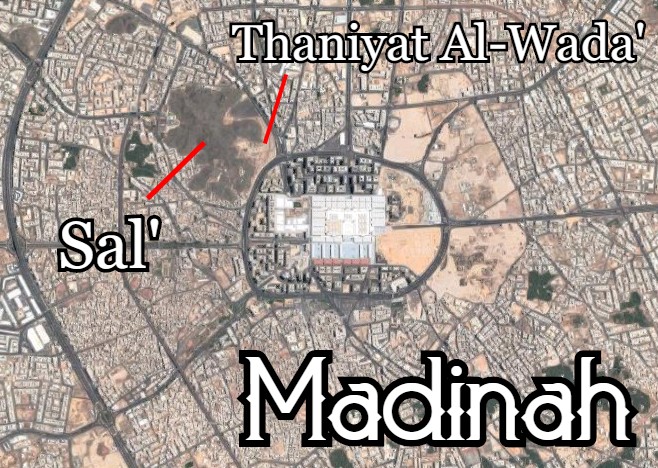
[Thread]
Lacking in foundations while getting into polemics is a huge problem.
Your beliefs will not be based on texts, but will be reactions to criticisms of opponents.
Double-standards will emerge due to not being familiar with your own ideology and texts.
Lacking in foundations while getting into polemics is a huge problem.
Your beliefs will not be based on texts, but will be reactions to criticisms of opponents.
Double-standards will emerge due to not being familiar with your own ideology and texts.
I once had a heated debate with a Sunni who tried to weaken Ma'mar. His reasons were reactionary to criticisms by a Shi'i.
He wasn't aware that Ma'mar was one of the most relied upon narrators in the Saheehain.
No student of hadith would ever made this mistake.
He wasn't aware that Ma'mar was one of the most relied upon narrators in the Saheehain.
No student of hadith would ever made this mistake.
The same applies to fiqhi matters.
Hypothetically, some would say: "Do you know that their scholars say this? That is so perverted!"
Ironically, scholars that they hold in high regard said the same.
However, the cynical point-scoring mentality prevents objective criticisms.
Hypothetically, some would say: "Do you know that their scholars say this? That is so perverted!"
Ironically, scholars that they hold in high regard said the same.
However, the cynical point-scoring mentality prevents objective criticisms.
These issues are not only common in those new to polemics. David Wood has been falling into these for years. He claims to have exposed "the world's most obvious fake prophet" without realizing that similar and greater "vices" are attributed to his own prophets in the Bible.
Hence, it is very important to learn your Aqeedah, familiarize yourself with your own texts, and build your foundations first. Otherwise, your foundations will be shaped by your reactions to others instead.
• • •
Missing some Tweet in this thread? You can try to
force a refresh








